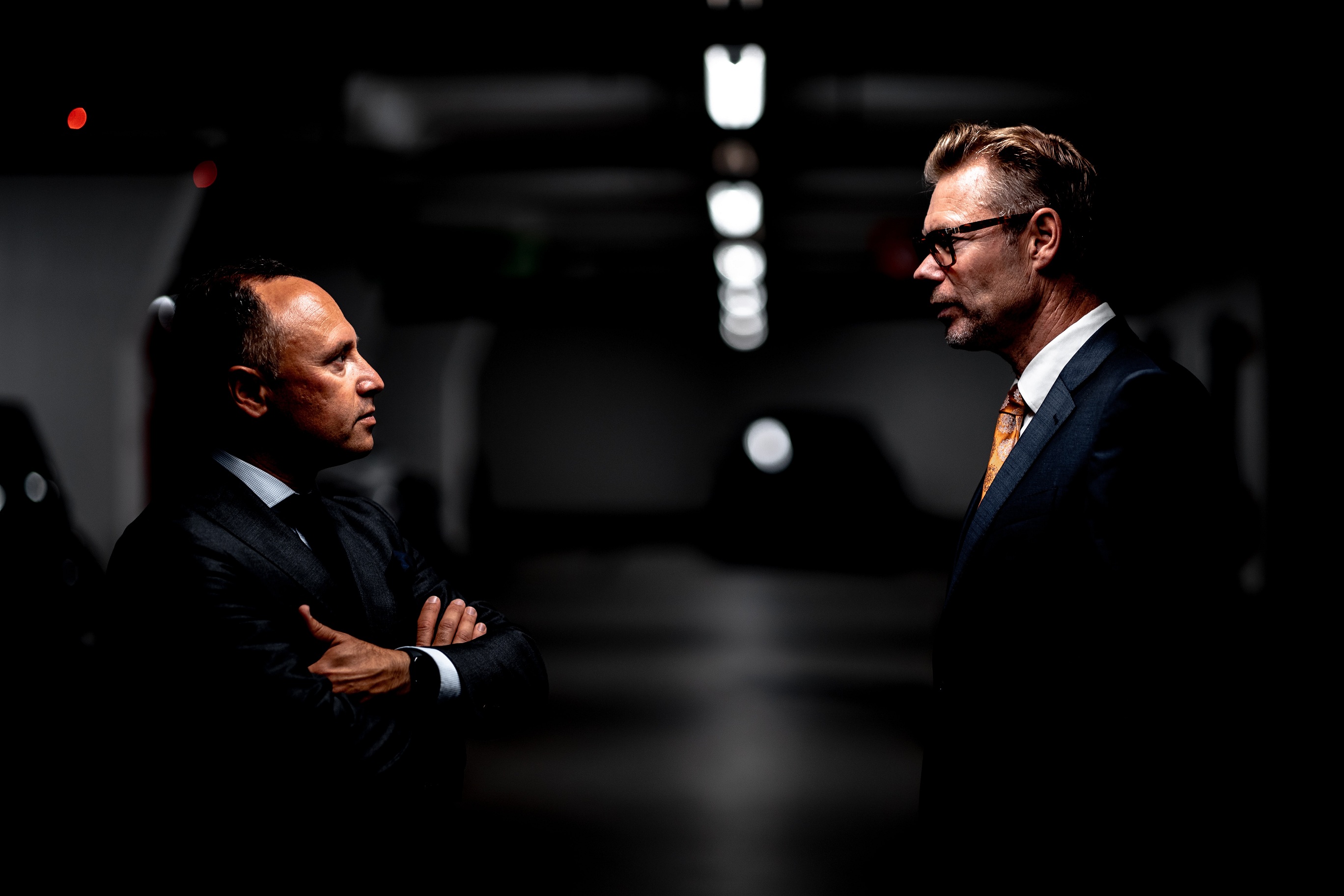Owners and employees might have diametrically opposed ways of thinking, but they can be bridged through a few changes. Mark Dickinson of DONE! Hospitality Training Solutions tells us how.
I recently visited a high-end restaurant in the GCC where the investment was north of USD 5 million and the average dining spend around USD 300 per person. As we approached the bar, the bartender greeted us and said, “Good evening, it’s happy hour this evening so drinks are half price.” I was shocked; this was the first customer interaction in such an exclusive place! We then discovered there was a second bar, so asked to relocate, but were required to pay the bill first. Once we’d moved, we found a bartender talking to another customer with no welcome, hands in his pockets. Only when we’d finished our drinks and started to leave did he ask, “Would you like another drink guys?” We left. We had just been served by an employee! Processed. When the owner of that restaurant started out, he had passion and ambition and now his restaurant lies virtually empty. Employees are saying that it is due to the current situation. It is not – it is due to the employees. We had gone there to dine for USD 1,000 and we left paying just USD 60. The employees did not understand the impact of their behavior. The problem is the thinking. Here’s why:
If I am the owner
Owning my business is a wonderful experience. I am cash flow positive, sales are rising and costs are sinking. Profit is on the cards. My business is debt free; I have won the lottery. My ownership challenges: • Are my people the right people? • Are the deals I am getting the best deals we can get? • Is my team using my money wisely to grow my business? • Are we really striving to give the best service possible? • Why are my people not giving 100 percent? • Why do they always want more benefits? • Why is there always an uncomfortable silence when we talk about things that infringe on their ‘rights’? At the end of the day, I made the company. What are these ‘rights’? It is as though we live in two different worlds. I want to please my customers. They want to secure their lives. And so I begin to go slightly nuts. My meetings with my team always seem to go well, so what’s the problem?
If I am the employee
I work in a great company. It recently made a profit and it is starting to look like we are going to do better than the budget. My boss is decent and seems to like what I do. I work hard and was giving 100 percent until recently, when I had an idea that would save money but no one listened to me. Now I just keep my ideas to myself and even go home early. I’m an employee; if the company doesn’t make money it still has to pay me by law, so why should I worry?
Owners love customers: employees serve customers
Owners understand that all the money they make comes from serving their customers. We recently surveyed 250 employees in a large firm and asked them the meaning of selling. Unbelievably, most of them thought that sales were something to do with profit and expenses. We also asked those same employees who paid their salary? And you’ve guessed it, they said, ‘the company’.* The challenge for owners is to get their employees to understand that the company is owned by everyone and that the salaries are solely paid for by the customers. When you share with your employees the challenges of growing your business try a new approach. Create a program that shares with each employee the important knowledge that the value of the business is only proportionate to the service that they provide customers. Engage employees in the process of making money and give them the chance to earn money from the income. The more tied employees are to the true business process, understanding revenue, expense management and profit generation, the more power you will have. Get them to buy in and you will have a more successful business because you’re giving them a reason to care: ownership. Share the win and the win will grow.
*250 employees in the food service industry in Qatar, surveyed in September 2019
















